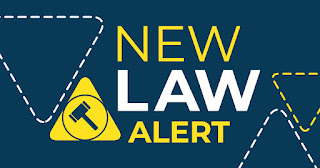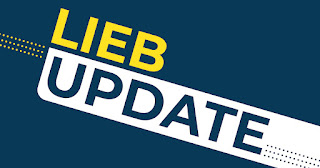On December 21, 2021, Gov. Hochul signed Bill A04651 into law, which requires third-party delivery services to have a valid agreement with merchants before advertising, promoting, or selling any of the merchant's products on their platforms.
So going forward, third-party delivery services such as Uber Eats, DoorDash, and GrubHub must have valid agreements with local restaurants before promoting or selling any of the restaurants' food/products. There is no question, especially during the ongoing COVID-19 pandemic, local restaurants have utilized third-party delivery service platforms to further promote their businesses, to generate new customers, and to increase overall exposure to local communities. At the same time, the use of third-party food delivery services has exploded and these third-party food delivery services have gotten away with charging local restaurants excessive fees and commissions on the delivery of a restaurant's food/products, which have diminished a restaurant's overall profit.
This new legislation also forbids any indemnity clauses in these agreements. It is common for many third-party food delivery services to attempt to limit their own liability for any issues related to the food itself or for any accidents that occur during the delivery process. This is why third-party service agreements often contain an indemnity clause, which is a "risk-shifting" provision, in which a restaurant agrees to defend, reimburse, and hold harmless a third-party food delivery service for any and all claims arising out of the third-party food delivery services' scope of work.
This new legislation ensures that restaurants in New York State will know precisely what fees/commissions a third-party food delivery service will charge on deliveries and also protects restaurants against claims arising from the delivery of their food/products.
Violations of this new legislation can result in a civil penalty of up to $1,000 per violation. Additionally, a restaurant has the right to file a lawsuit for damages, which includes the civil penalty of $1,000 per violation, injunctive relief, and may even be awarded reasonable court costs and attorney's fees at the court's discretion.
Will we see fewer restaurants advertised on third-party delivery services apps going forward in light of this new legislation?
Will we see a snowball effect of increased lawsuits against third-party delivery services?
Time will tell...









